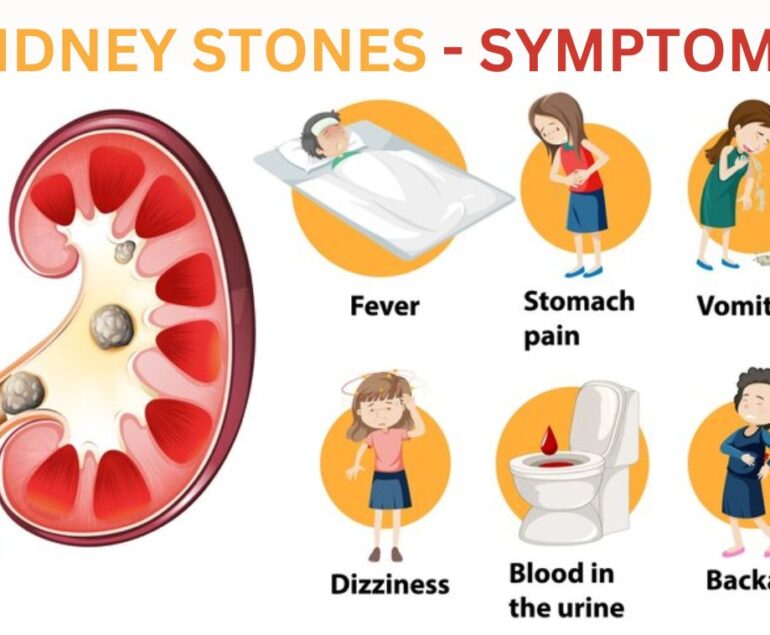Couples need to start a lovely family soon. They do plan to have a baby. If trying to conceive without any results, the couple might want to consider fertility tests for men. Preconception testing for men is indeed also helpful even prior to starting to try. The couple has to address the problem that is not making the woman pregnant and thus save plenty of time.
If the male partner is not fertile, sperm testing will reveal the problem and also offer a solution. Testing for STIs (sexually transmitted infections ) needs to be done as well. If infected with them, then the baby can have vision problems, premature birth, etc. Preconception testing is the best way to know whether the woman and her partner are healthy before conception.
What is preconception testing for men?
Preconception testing for men is no doubt an important part of preconception care. Couples who prefer to take all precautions for a healthy conception and pregnancy can opt for preconception testing. Basic preconception testing does involve a basic physical checkup, blood tests, and sperm tests.
Sometimes, a couple can be ‘trying’ for a long time, but the wife may not get pregnant. There is a possibility that the male partner’s sperm count is lower, or he possibly has a few other fertility issues. If a couple experiences a situation like that, preconception testing can help. It is a series of medical tests that answer whether the male partner, in this case (it can be done for women as well), can indeed give birth to a baby. If he can, then it can be known whether the baby will be born healthy.
Why Do Men Need Preconception Testing?
In the long history of pregnancy and childbirth, some babies are born with medical conditions like autism or mental diseases. The parents, in many cases, were healthy. But somehow the baby was not. The explanation behind this is chromosomes.
The baby inherits 23 chromosomes from each of their parents, which makes a total of 46 chromosomes. These chromosomes are like a library full of books. They decide your baby’s eye color, hair color, susceptibility to certain diseases, and so on.
Chromosomes are made up of genes. Now imagine one partner is carrying a genetic mutation, but only one copy. Certain diseases require two copies of mutated genes to develop the disease. Both parents will be healthy if they have only one copy of this gene. However, the baby will receive one copy each from the parents and will develop the disease.
Preconception testing can help predict these conditions and prevent them from happening. In addition, it can also help point out any basic underlying health conditions that may interfere with fertility.
Right Time to Do Preconception Testing for Men
A man needs to have preconception testing at least three to six months before trying to conceive. If it is found that he is not fertile enough, he will have time on his hands to take medications or go through treatments to solve the problem.
Fertility tests for men
1. Physical Examination
The doctor will perform a physical checkup of the body, like measuring height, weight, blood pressure, etc. The healthcare provider can suggest lifestyle changes such as doing exercise if that’s absent. Or, in the case of people who consume alcohol, tobacco, etc. Corrective methods are given.
2. Sperm Testing—Count and Morphology
A man is asked to masturbate and also provide his sperm sample for laboratory testing. These sperm cells are then evaluated for their function. Few people on a construction site have been assigned a difficult task. Only fit people can do it. The job will not be successful if the person is too short, too tall, underweight, or even overweight.
The size and shape of the sperm cells do play a big role in fertilizing the egg and also making the partner pregnant. A sperm cell whose head or tail is abnormally shaped will not be able to swim properly in the race towards the egg.
One should eat the necessary vitamins, minerals, and other nutrients to develop a healthy body. Just like that, exercise, eating habits, and environmental factors like pollution affect the sperm’s shape, size, and overall appearance (morphology). The sperm count, which is the concentration of sperm cells in the sample.
3. Blood Tests (For Hormones)
Blood samples are collected in a tube and then analyzed whether the level of hormones in the bloodstream is optimal or not.
Inside the brain, the pituitary gland creates FSH and LH. Further, LH signals the testes to produce testosterone. Afterwards, testosterone and FSH together make sperm cells. These hormones are all connected. Imagine a park with several colored seesaws—red, yellow, blue, and green—all connected from the ends. One seesaw’s movement can influence others.
If hormone imbalances are detected, medications, getting quality sleep, a nutrient-rich diet, and so on can, of course, fix them.
4. Tests for STIs
Sexually transmitted infections (STIs) are tested via blood and urine samples. Some STIs show no symptoms, so it is better to get tested. A few common STIs are HIV/AIDS, chlamydia, hepatitis B, and HPV. If the woman or her partner has an STI, the baby’s health can be affected. Babies who come in contact with chlamydia can suffer eye infections. If getting Hepatitis B from one’s partner, the woman may be more prone to premature delivery.
5. Genetic Testing
Blood and saliva samples are often used for genetic or carrier testing. A baby inherits two copies of every gene, one copy from the father and another from the mother.
If a parent carries an abnormal gene, in a few cases, the baby will be healthy. But if both parents carry that abnormal gene, the baby will be affected. These genetic mutations can indeed lead to cystic fibrosis (which affects the lungs, pancreas, and a few other organs), fragile X syndrome (intellectual disability), and Tay-Sachs disease (blindness, deafness, dementia, and seizures).
Conclusion
Preconception testing for men does involve a range of medical tests in order to identify potential health issues that could rather impact fertility, pregnancy, or the baby’s health. Tests do include a physical exam, sperm analysis, blood tests, genetic testing, etc. It is recommended to consult a doctor prior to trying to conceive in order to identify and address any potential issues.









